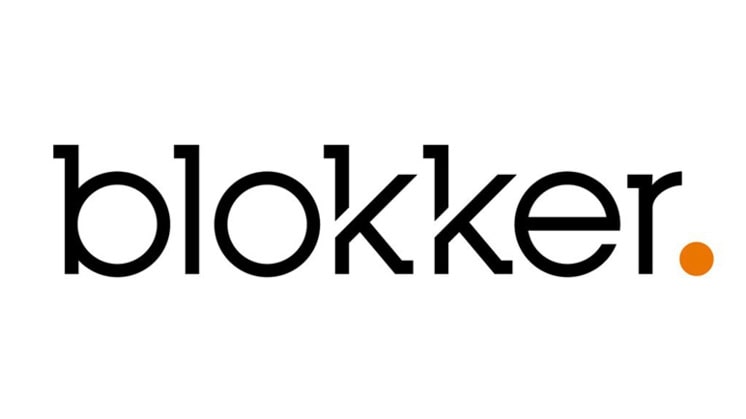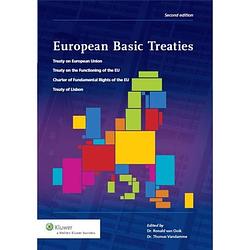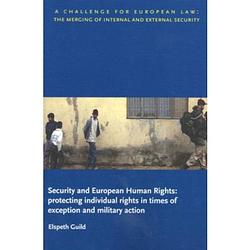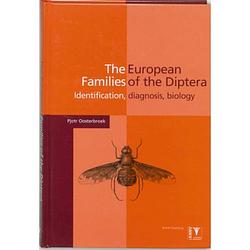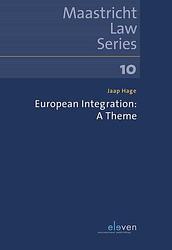European Unification
Product informatie
Product tijdelijk niet beschikbaar
0 van de 5 sterren
0 reviews
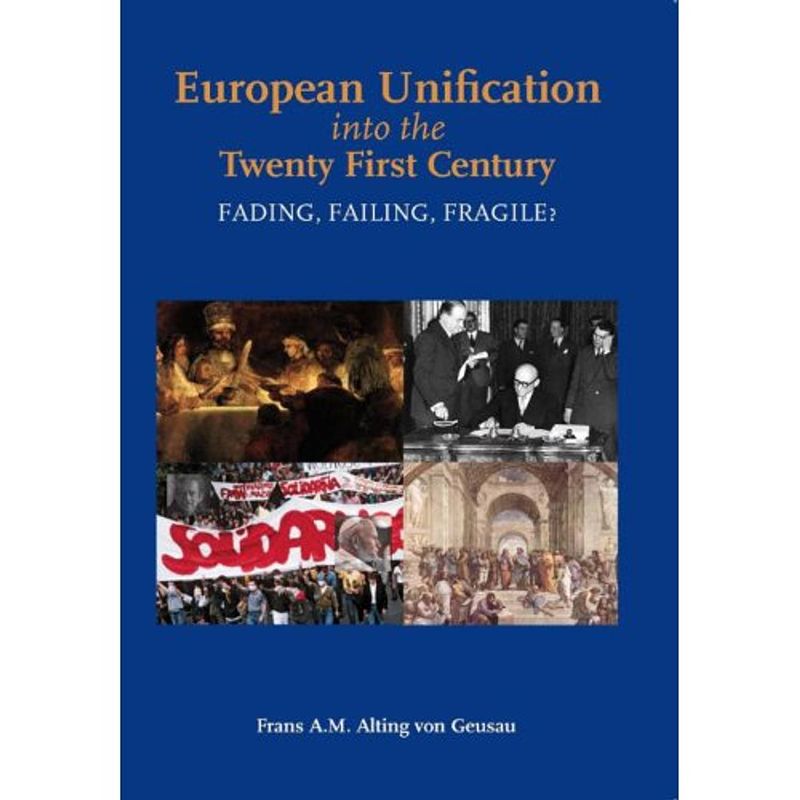
Second Revised Edition of European Unification in the Twentieth Century Towards the end of the year 2011 and after many a Euro-summit convened to solve the serious EURO-economic crisis, one may wonder how long the European Union is going to survive? A lesson in the history of European Unification since the end of the Second World War, may help to find an answer, or better still, to learn what to do and what not to do to assure the continuation of this fascinating process of peaceful unification. The story of European Unification is fascinating, indeed. In 1950 two sworn enemies - France and Germany - decide to seek reconciliation and European federal unity. As a first step, they create the European Coal and Steel Community together with Italy and the Benelux countries. The fathers of this new Europe were visionary persons. Does today`s student or scholar still know who Robert Schuman, Konrad Adenauer, Alcide de Gasperi or Willem Beyen were and what they stood for? At the time the United Kingdom refused the invitation to join such a federal project. Today`s British Government still rejects federal unity, despite the country`s adherence to the European Communities in 1973. In France Charles de Gaulle and his Fifth Republic came after Robert Schuman and the Fourth Republic. France ever since prefers a Union with intergovernmental Summits over a Community with federal institutions. Germany re-unified in 1990 after the successful peaceful revolution against totalitarian communist rule in Poland, Hungary and Czechoslovakia. What began as a process of reconciliation between two enemies became a peaceful enlargement of the European Union to twenty seven Member States. The division of Europe between a Soviet dominated East and a Euro-Atlantic West is no more. This book not only tells a success story. It also makes us understand why after more than sixty years the Germans lack the solidarity and the French the political vision to turn the Euro-crisis into true progress towards unity. Against the background of Europe`s long and turbulent history, this book may also help to understand why it is so difficult to overcome nationalism and to practice the virtue of solidarity so central to the Christian source of Europe as a civilization. Professor Frans A.M. Alting von Geusau is professor emeritus of International Law and Western Cooperation. Website: www.fransamaltingvongeusau.com
| Merk | Paagman |
| Categorie | Studieboeken |
| EAN | 9789058507792 |
